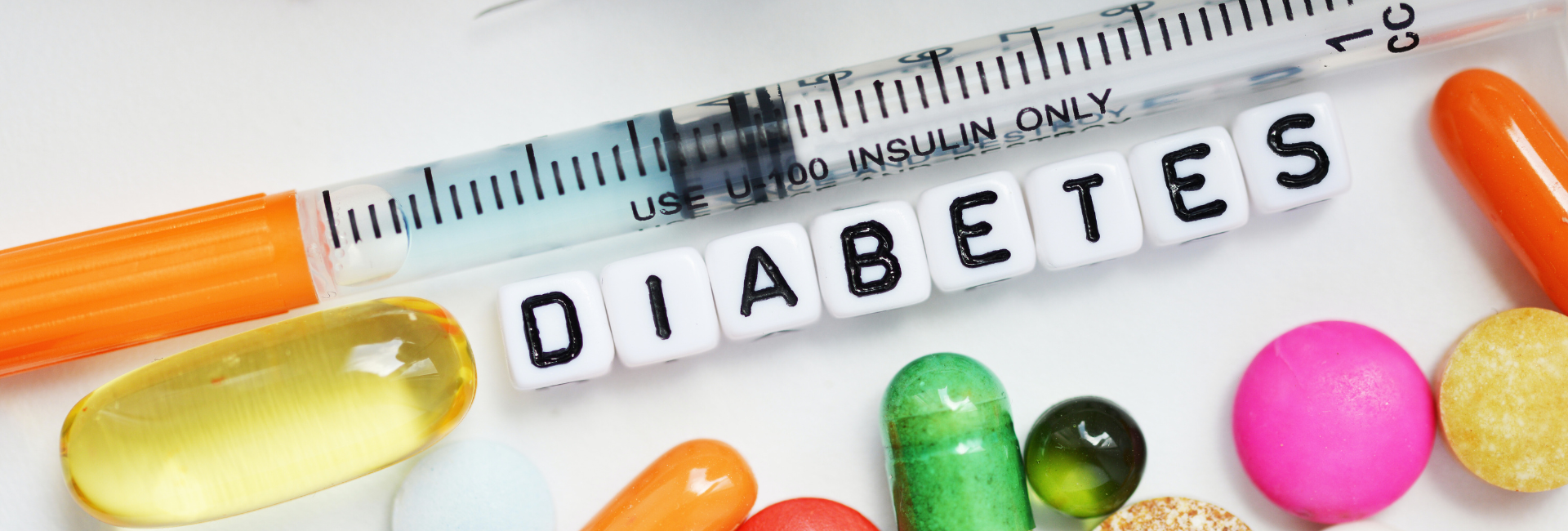 Although diet and exercise can lower blood glucose levels, most people with Type 2 Diabetes require medications to achieve ideal blood glucose levels. It is common to require more than one type of medication, depending on individual needs.
Although diet and exercise can lower blood glucose levels, most people with Type 2 Diabetes require medications to achieve ideal blood glucose levels. It is common to require more than one type of medication, depending on individual needs.
There are various types of medications for Type 2 Diabetes, and your healthcare team will work with you to determine which ones are best for you.
Personalising your treatment
The choice of medication(s) depends on:
- How high your blood sugar levels are.
- Potential side effects associated with the medication, such as weight gain or low blood sugar episodes (hypoglycaemia). If you experience side effects, talk to your healthcare provider. They might suggest ways to manage these effects or explore alternative medications. For instance, metformin might cause nausea and diarrhoea, but these effects often lessen if you take it after food. In addition, the side effects may disappear after a while as your body gets used to the medication.
- Other health problems you may have, resulting in some medications being more suitable or unsuitable for you.
- Cost - You may be eligible for subsidies for some diabetes medications.
- Your daily routines (e.g. shift work).
- Whether you are planning for pregnancy or already pregnant. Only some medications are safe to be used during pregnancy.
Good practices
- Take your medications regularly as prescribed. Know your dose and timing schedule.
- Check the expiry date of your medications and store them in a cool, dry place. Do not take medications that have expired.
- Consider using tools such as a pill box or set reminders on your mobile phone or calendar.
- If you miss a dose of oral medications, skip the missed dose if it is almost time for your next scheduled dose. Do not take extra medicine to make up for the missed dose.
- Seek emergency medical attention if you have overdosed on diabetes medications.
- Contact your healthcare provider for a refill of medication if you run out of medications before your next appointment. Do not stop your medications without asking your doctor.

 Although diet and exercise can lower blood glucose levels, most people with Type 2 Diabetes require medications to achieve ideal blood glucose levels. It is common to require more than one type of medication, depending on individual needs.
Although diet and exercise can lower blood glucose levels, most people with Type 2 Diabetes require medications to achieve ideal blood glucose levels. It is common to require more than one type of medication, depending on individual needs.















